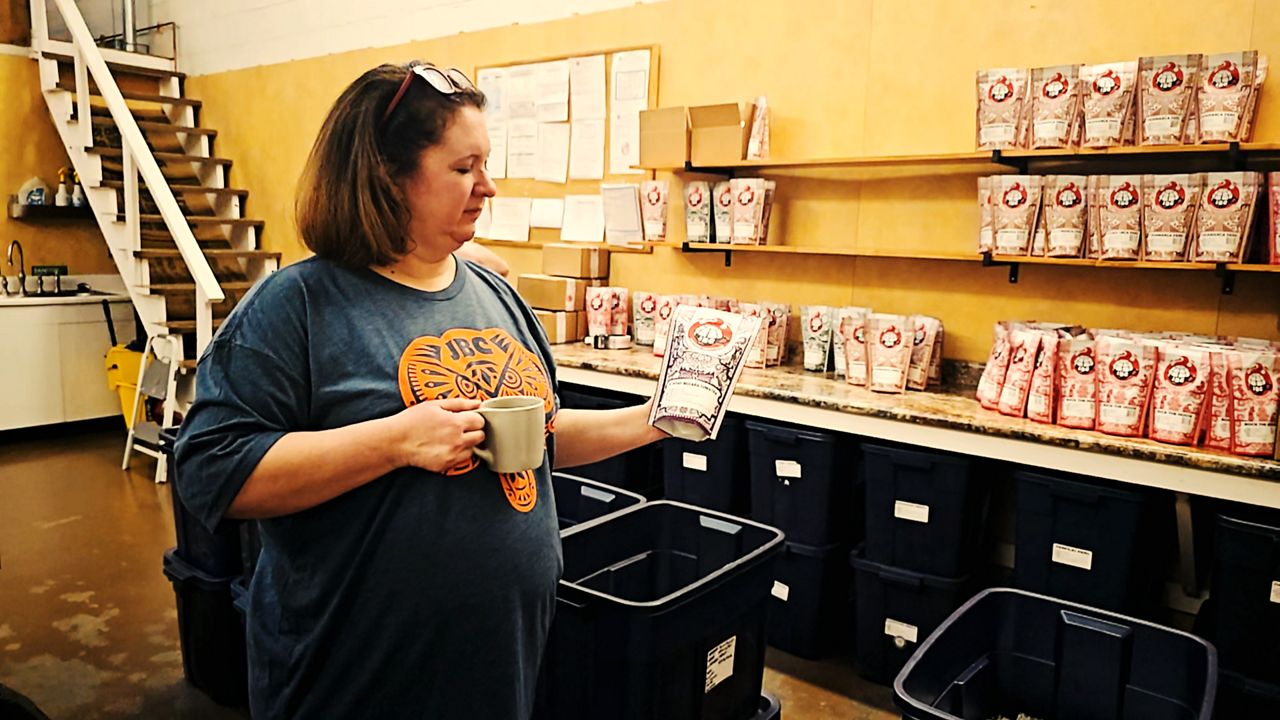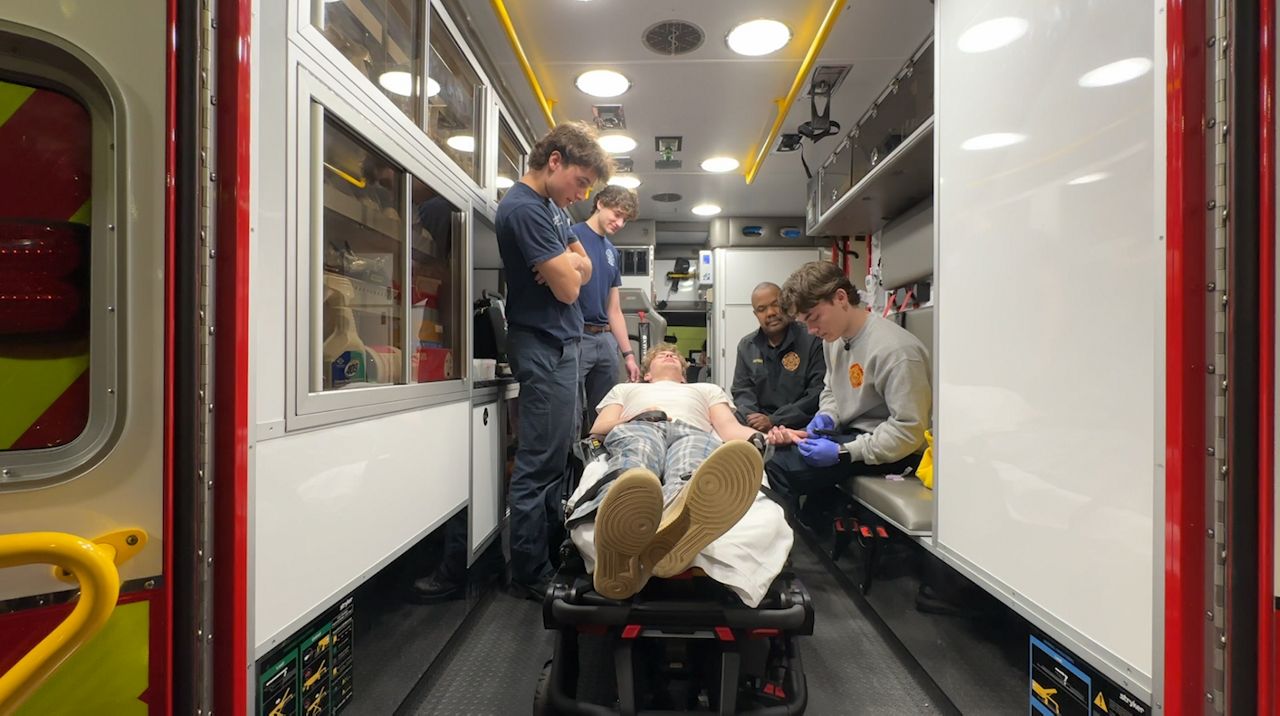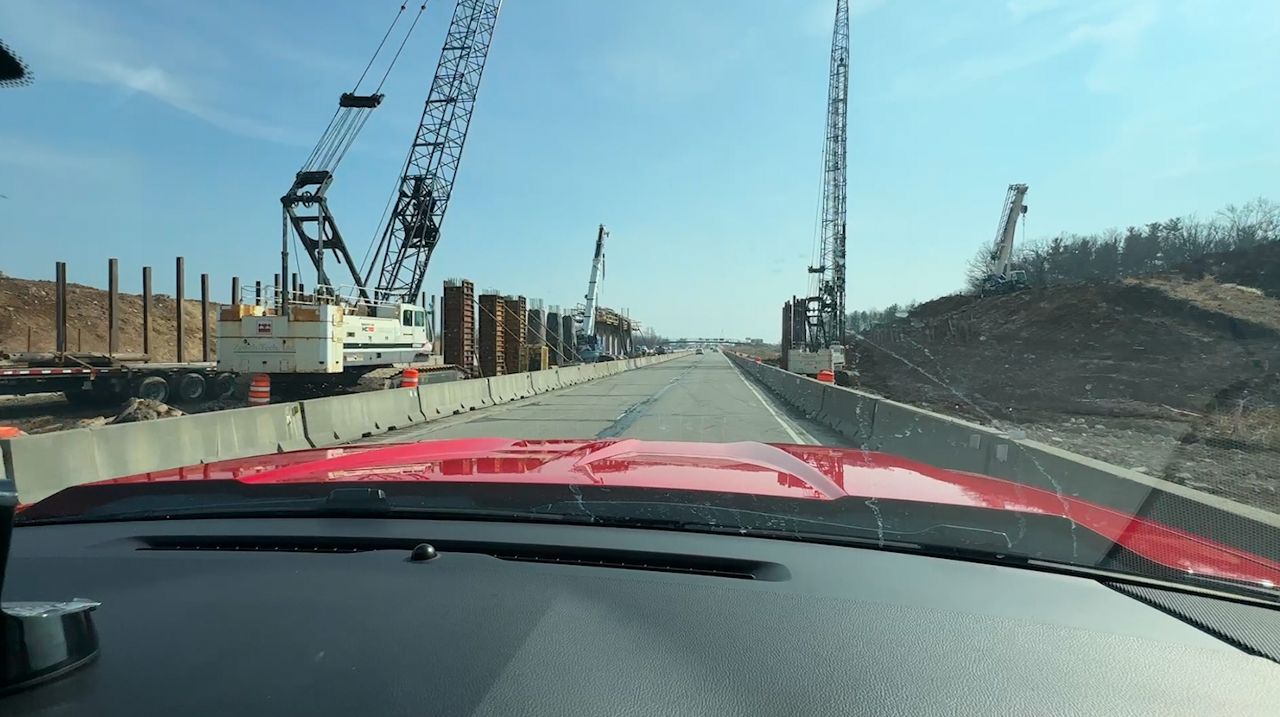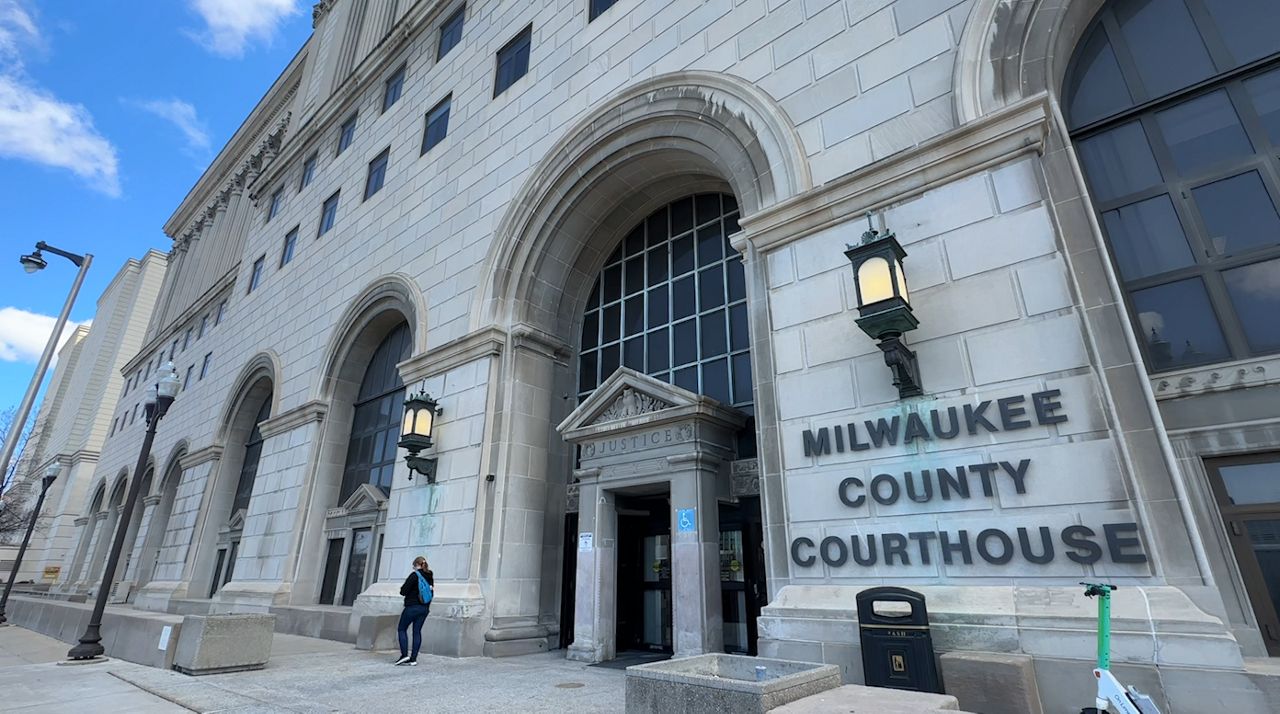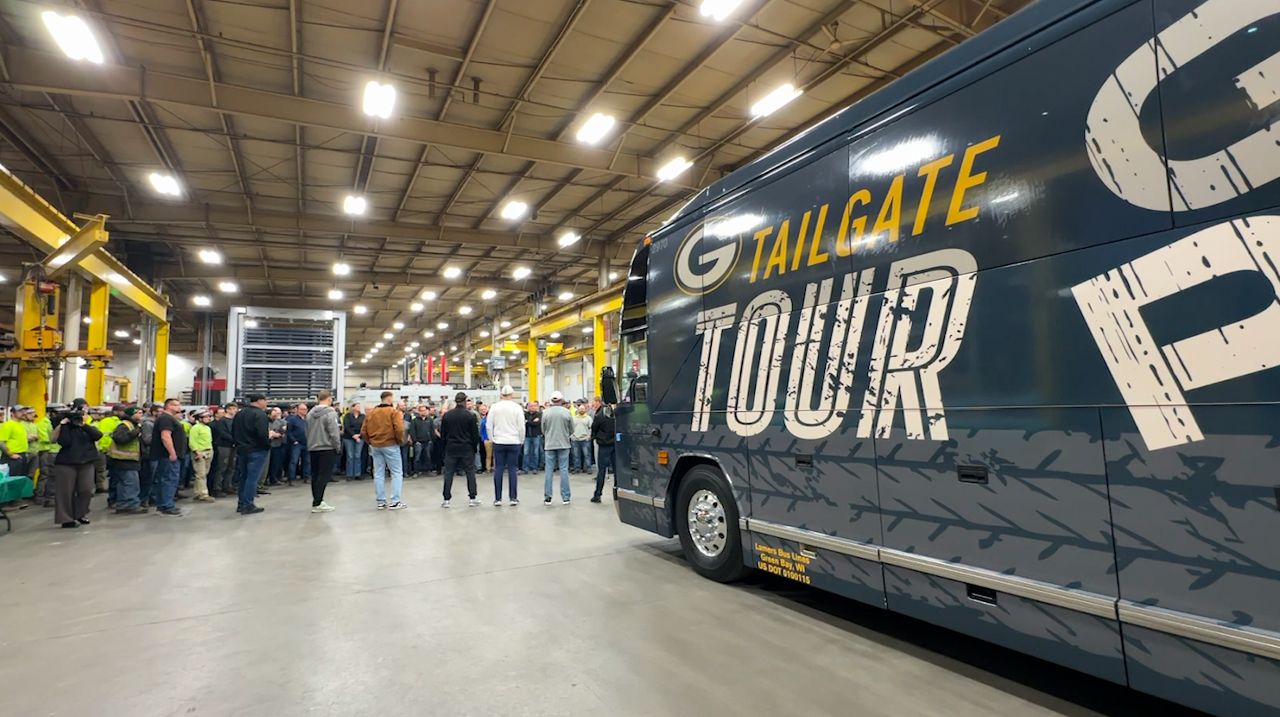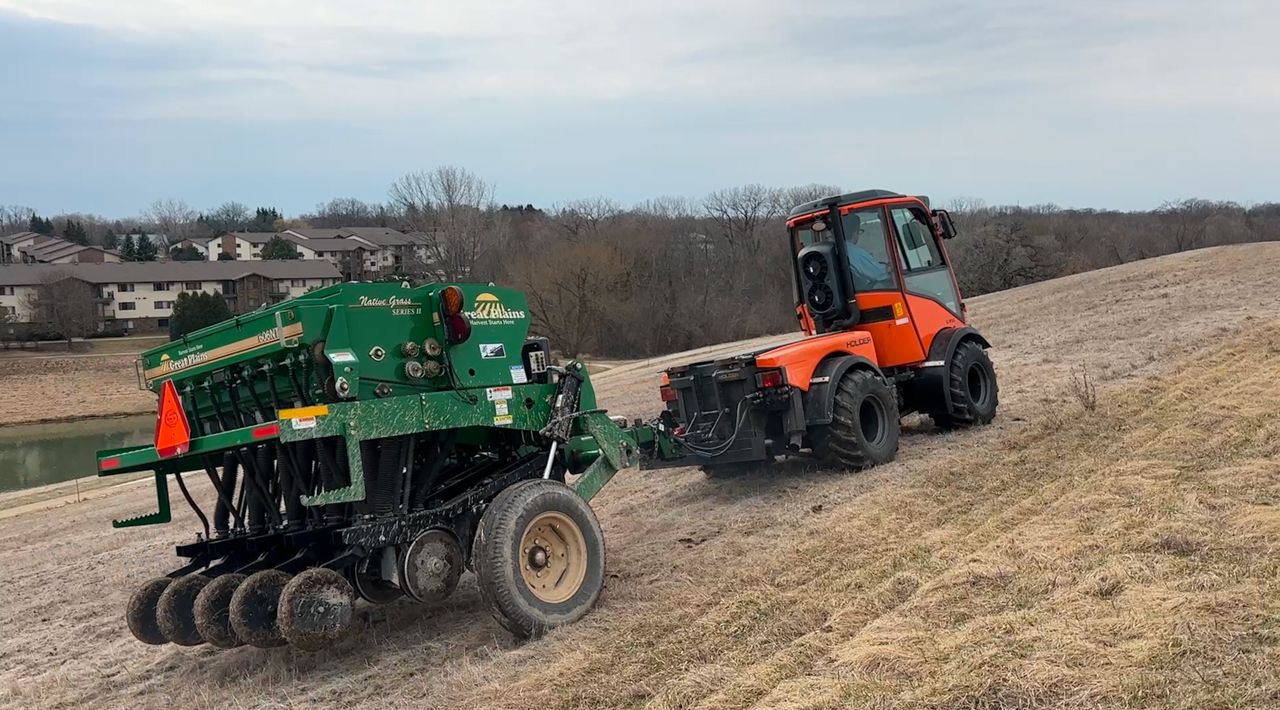MADISON, Wis. — The University of Wisconsin-Madison was built on the Ho-Chunk Nation’s ancestral homeland.
Gavin and Mason White Eagle are brothers, and members of the Ho-Chunk Nation. They’re both students at UW-Madison.
Mason, a sophomore studying kinesiology, said he wants to see more students like him benefit from a college degree here.
“To get that notice out there and build hope to achieve like aspirations to get to UW-Madison and get our numbers up here,” he said.
They’re among more than 70 indigenous students that are part of the university’s Tribal Educational Promise, which started this fall.
The program uses private donations and internal funding to cover tuition, fees, housing, meals, books and other expenses for students who are enrolled members of any of Wisconsin’s 11 native tribes, regardless of their family income.
“It's a great program to help financial stress and burdens and get rid of that barrier for many native students who want to get a secondary education,” said Gavin White Eagle, a junior studying communication arts and legal studies.
Carla Vigue helps lead the program as the Director of Tribal Relations at UW-Madison. She said she makes sure there is a community of support, academic help, and cultural events for Native American students.
“It's really about taking care of Native students,” Vigue said. “That means providing, you know, things like housing, and food, and books, and fees, and things like that.”
She said it’s important for the university to recognize its origins, and for indigenous students to get this opportunity.
“It is something for Native students to take and embrace, and make something better for them, their own selves. For their families to grow and their communities, the tribal communities, and do something good for Indian Country,” Vigue said.
The White Eagle brothers said they’re thankful they get to experience college together.
“I feel like I got the best of both worlds,” Gavin said. “I got to go to my college, and I got to bring my family along with me.”
“It kind of just helps get through a huge hurdle and a financial burden for not just us, but also our parents, and those around us too,” added Mason.







